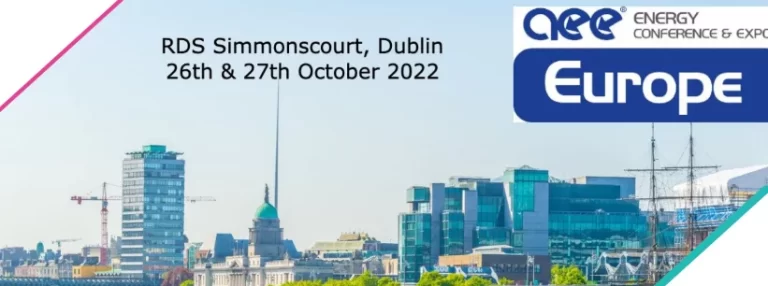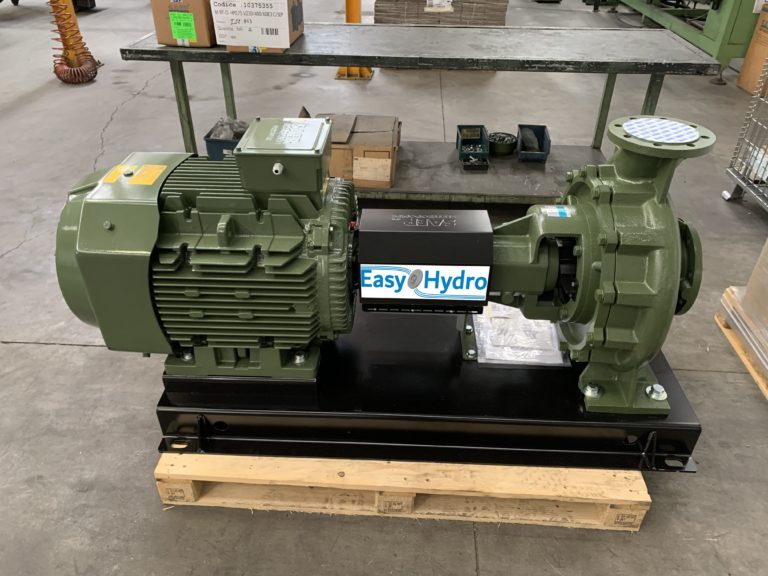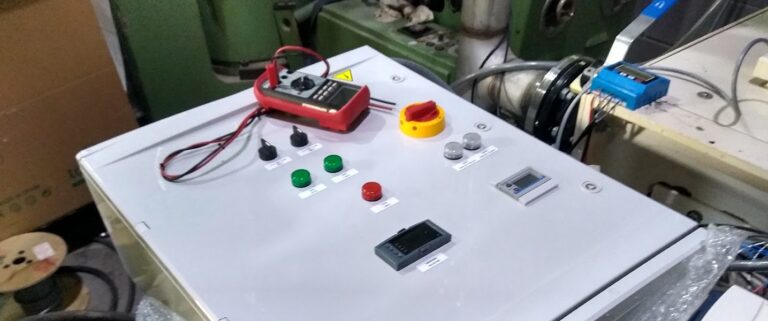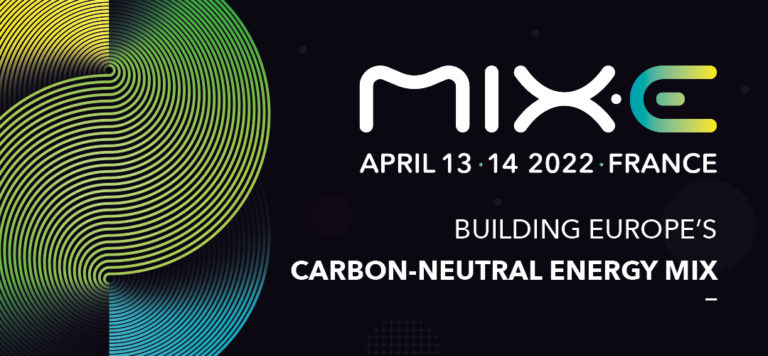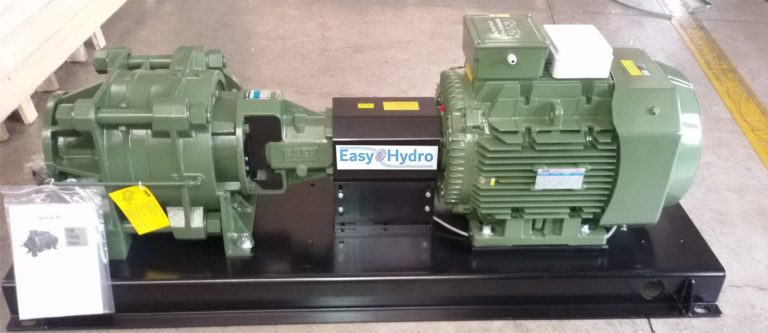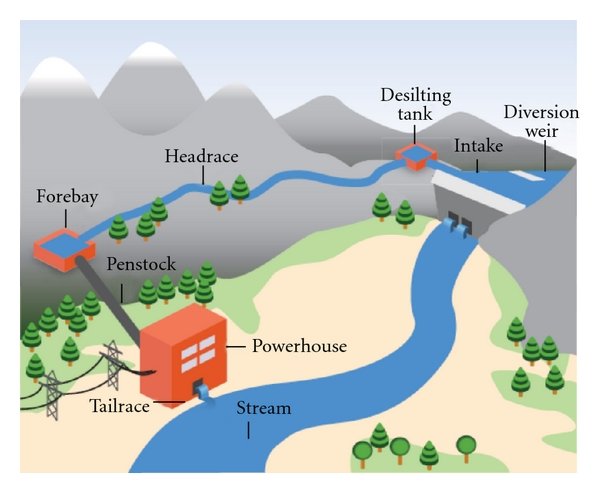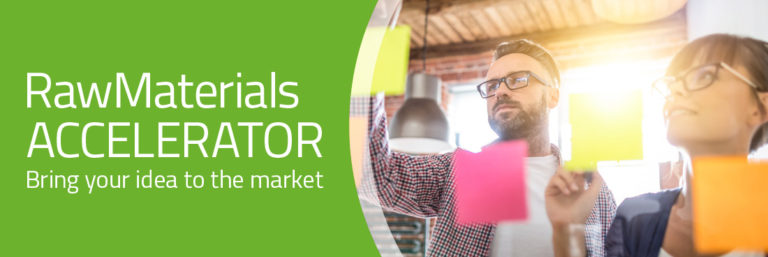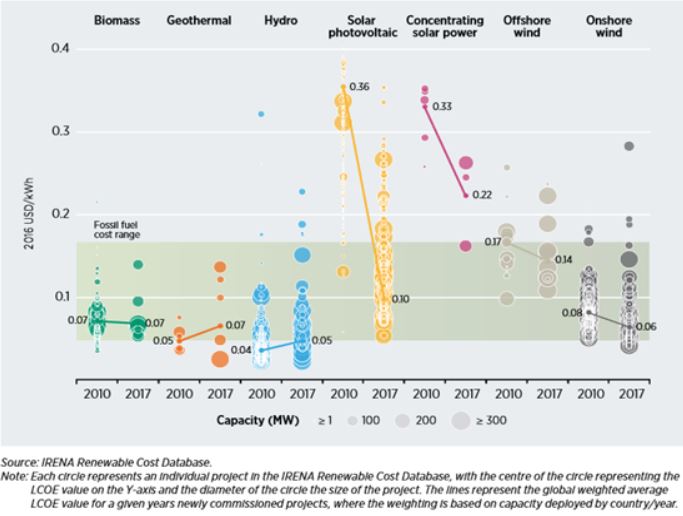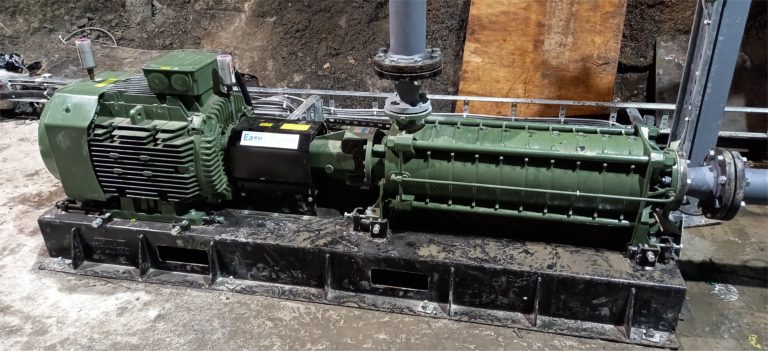Easy Hydro has entered a strategic alliance with Glan Agua, a leading provider of water and wastewater solutions, to offer renewable electricity solutions to the water and wastewater industry across Ireland and UK.
The partnership will assist the water industry in reducing carbon emissions, supporting the net-zero pledge and generating cost-effective, renewable green energy.
Hydropower is a well-known technology used to generate energy from the movement and pressure of downward-flowing water. In existing water networks, for example from upland sources or reservoirs, pressure-reducing valves dissipate this energy to ensure it is an acceptable pressure for commercial and household distribution. Easy Hydro has developed an innovative solution using a micro hydropower turbine to capture this lost energy and convert it into electrical power that can be used to power water or wastewater treatment facilities.
Fabio Bacci, Innovation Manager, Glan Agua
Finding Easy Hydro was a real innovation achievement for us. Over the past two and a half years, we worked alongside Easy Hydro on our first installation of their solution at one of the water treatments plants we operate, located in Fethard, Co Tipperary. The installation was essentially a non-invasive retrofit; an existing concrete base and a minor adjustment to the pipework was the extent of the disruption it caused to the works. We were really enthusiastic to be piloting the technology and the installation proved phenomenally successful, generating approximately 30% of the average energy consumption of the plant. Moreover, the microturbine can often feed surplus energy back to the grid.
Based on over 10 years of research and development, Easy Hydro’s expertise enables off-the-shelf pumps to be used as efficient turbines, at a fraction of the cost of conventional turbines and with a shorter lead time. The return on investment can be as low as only two years and the technology can have a life span of over thirty years.
Daniele Novara, CEO, Easy Hydro
Our partnership with Glan Agua allows us to strategically apply our technology to the water and wastewater industry where they are leaders in their field. Glan Agua’s mechanical, electrical, and commissioning expertise coupled with our technology is a natural synergy and has enormous potential for reducing energy costs and carbon footprint in the industry.
Glan Agua and Easy Hydro are launching their strategic alliance at the AEE Europe Energy Conference and Expo in Dublin. The two-day conference brings together energy engineers from industry & business across Europe to openly discuss the challenges of energy efficiency in today’s market.
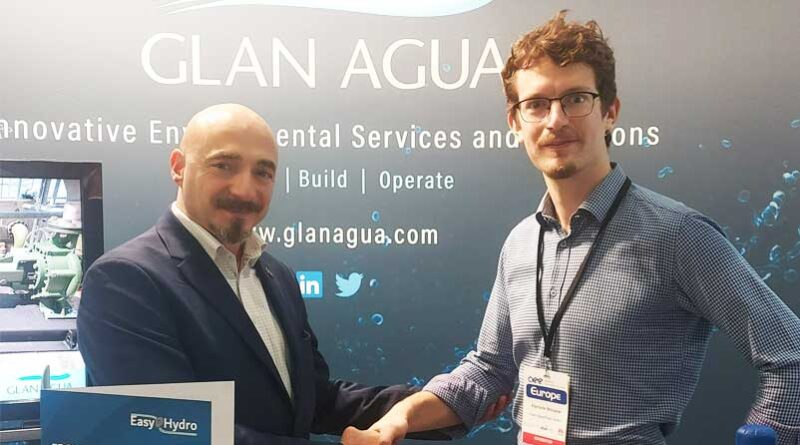
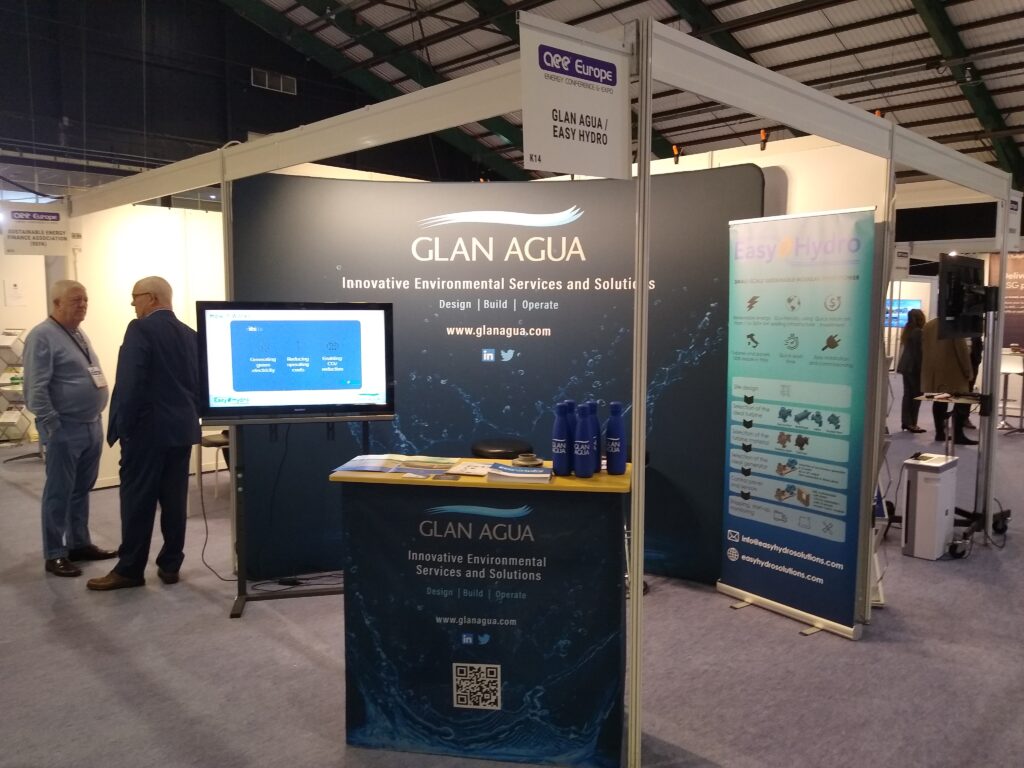
Fabio Bacci added
Glan Agua are renowned disruptors across the water industry. Bringing the Easy Hydro technology to market, at a time when energy is a premium commodity, is an encouraging prospect. We are already at feasibility, concept or design stages for a number of suitable sites that will replicate the success at Fethard. Glan Agua are earnestly looking forward to working with Easy Hydro in providing renewable energy solutions to the water industry.

